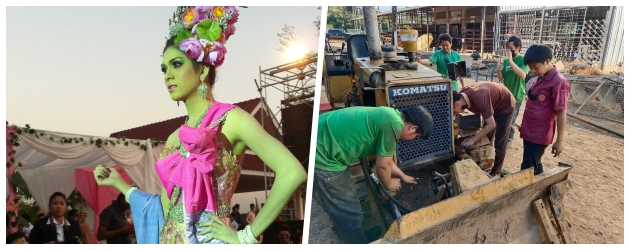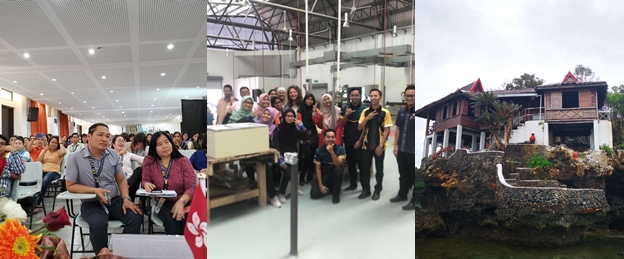Full issue 18
Whereas the demand for highly qualified personnel is constantly increasing, the lack of adequate and appropriate qualification measures that foster self-reliant learning competence is evident. Additionally, in today’s complex world of work and lean forms of work organization, requirements not only include professional competences but also further dimensions such as social and personal competencies (e.g. teamwork, communication, creativity, problem solving etc.). In order to address these challenges, limiting TVET to theory-based and input-oriented learning is insufficient – rather it needs to be intertwined with experience-based, experiential and informal learning in real work situations.




